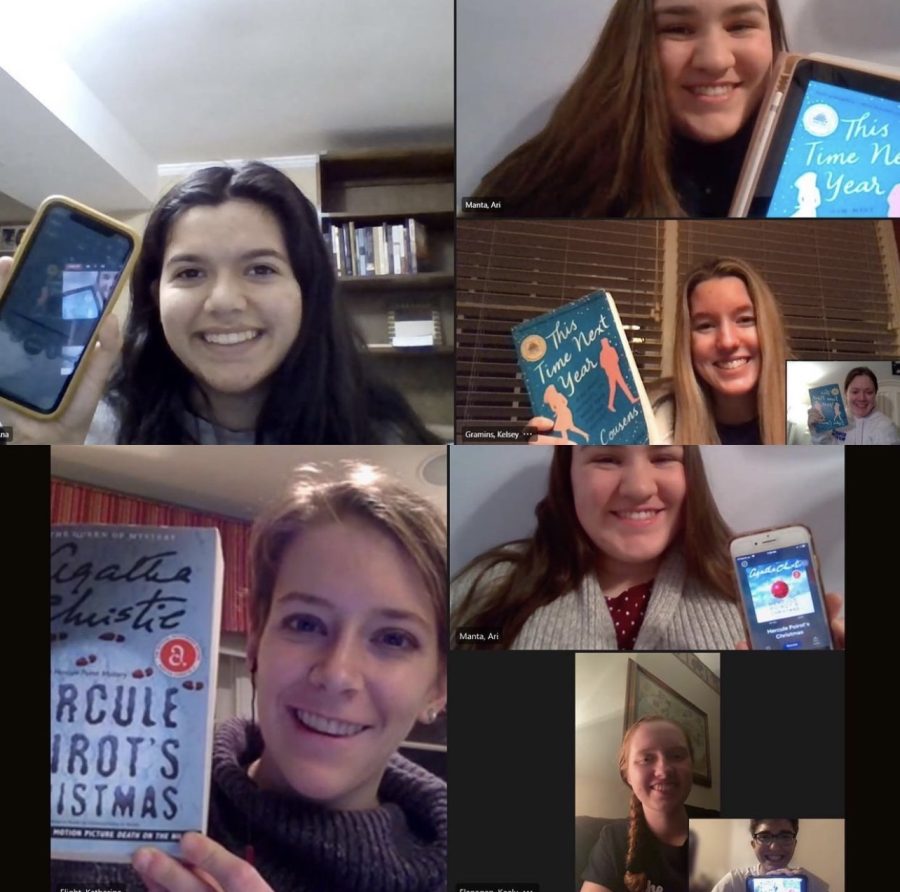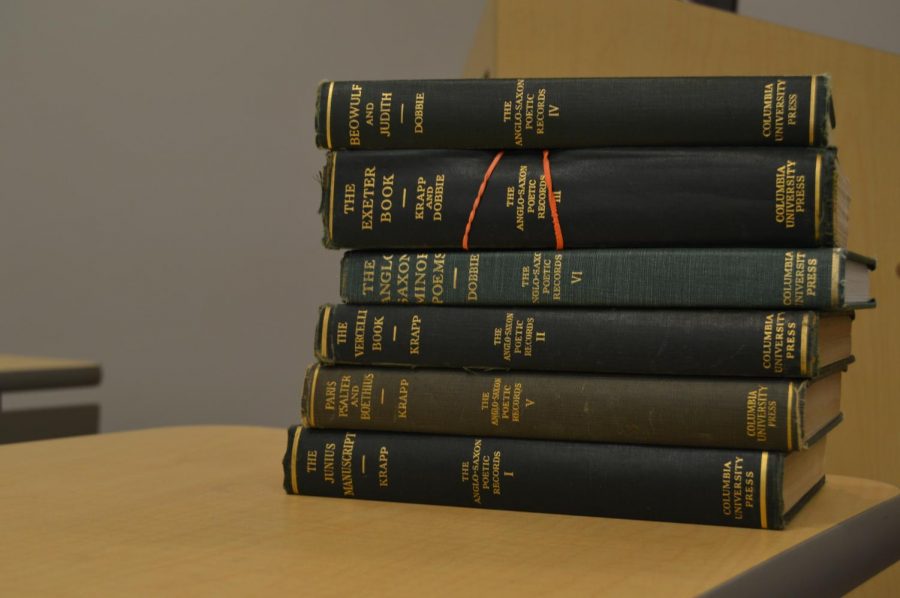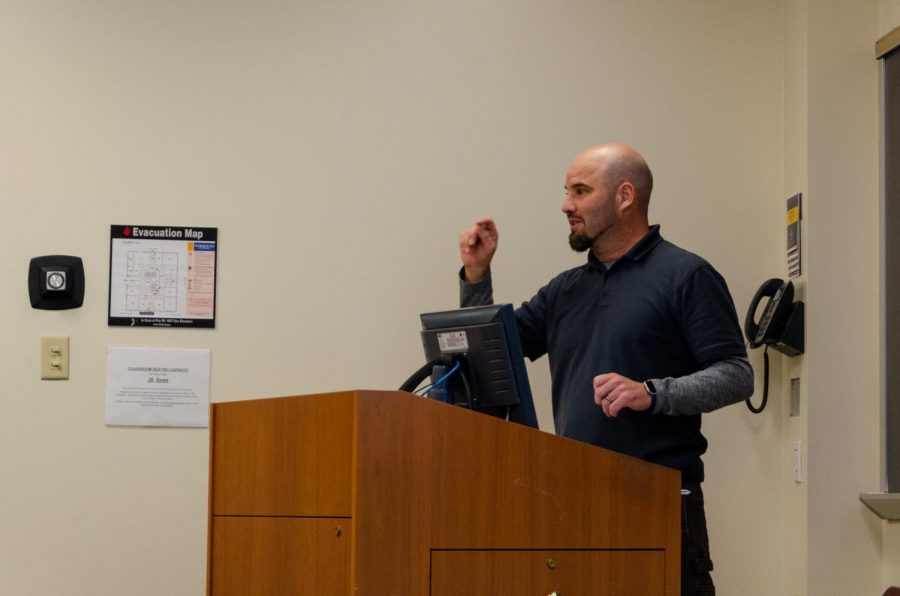
You can’t have missed them. Hundreds of mysterious, identical flyers, scattered across campus, city buses and nearby cafés, each emblazoned with the same words: “Worse Than Getting Caught.”
But they’re not just catchy advertising. Their ubiquity around the city is actually a clever glimpse into the heart of the novel they’re heralding.
“Worse Than Getting Caught” is the second novel written by Marquette student Tim Gorichanaz, a senior in the College of Communication. The book is being published exclusively online, in both complete form for e-books and in serial form twice a week at worsethangettingcaught.com.
The story follows two primary characters: a young, single mother named Gloria (Glo for short) and Alex, a college freshman. Each part is narrated in first person by either Glo or Alex, with the occasional tertiary character thrown into the mix.
The binding force of the novel is an intriguing book that appears throughout the city. Although no one knows its purpose or why it is found everywhere, they do know it leaves varying effects on those who come into contact with it.
“I don’t even know what’s in the (book within the) book,” Gorichanaz said. “It’s very philosophical, and some characters feel it has a lot of spiritual aspects to it.”
Gorichanaz traces the conception of “Worse Than Getting Caught” to a trip to Lollapalooza two years ago. While on the L in Chicago, he encountered a woman reading a strange-looking book, which sparked the idea for the central plot element in his own novel.
He tucked the thought away until last spring while studying abroad in Warsaw, Poland, and he started outlining the plot and developing characters during his free time.
“This book is definitely drawn from real life,” Gorichanaz said. “Looking back, each of the characters is a caricature of some part of my personality.”
The greatest challenge for Gorichanaz, but perhaps the most interesting quality of the novel, was using different writing styles to distinguish which character was narrating each chapter.
“Part of what I struggled with is that I’m not announcing who’s speaking,” Gorichanaz said. “They just kind of transition, and I tried to find a way to make it clear who is speaking even if people don’t perceive it consciously.”
Actually getting his work published was another struggle altogether. Gorichanaz went through the proper steps, soliciting to agents who might be interested in representing his book to publishing companies, but found no success.
“Of course I (initially) chalked that up to my book being inadequate and not worth publishing,” Gorichanaz said. “But then I came to realize that the whole thing is, more than anything, a game of being in the right place at the right time.”
Gorichanaz decided to scrap the traditional publishing process and take a shot at a more current model: online self-publishing.
“I don’t like that (traditional) model,” Gorichanaz said. “It seems too 20th century to me. It’s a paragon of the media gatekeeper idea, where very few people control what the rest of the world sees, hears and reads.”
With the Internet becoming an increasingly popular forum for authors of all kinds, Gorichanaz began independently publishing his novel in a blog-like format. While he does acknowledge the editing process is mostly lost with self-publication, he thinks the pros of this method outweigh the cons.
“It’s true that self-publication forfeits that opportunity,” Gorichanaz said. “However, I think the ability to get my work to an audience without all that bureaucracy and rigmarole outweighs that.”
Ryan Jerving, a visiting assistant professor of English, said self-publishing through the Internet doesn’t necessarily mean a writer is going to get less editorial input on their work.
“It could be argued that Internet self-publication offers the opportunity for much more editorial feedback and from a wider range of readers than the traditional model,” Jerving said in an e-mail. “The best example would be something like fan fiction writers working with beta readers, who offer suggestions for improvement that can range from low-level matters of grammar and dialogue style to high-level issues of character development and dramatic structure.”
Close cousins to these beta readers are online writing groups that offer constructive criticism for writers and motivation for them to meet deadlines. Joining these forums is another way for authors to network and create a buzz about their latest work.
Although Gorichanaz is not currently involved in any of these networks, he is confident his novel has the potential for success.
“If I can even get just a few people to stick with the blog and read my book to the end, then I’ve beaten the system, as far as I’m concerned,” Gorichanaz said.
“Worse Than Getting Caught” can be found in free installments online at worsethangettingcaught.com or digitally from Amazon.com for $2.99.





